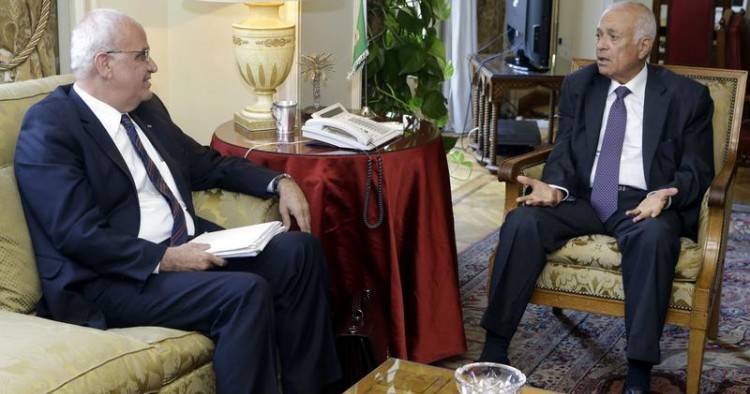Read full article at The Washington Post.
Negotiations to end the fighting in Gaza are at an impasse. In the talks under way in Cairo, Israel made a reasonable demand for the demilitarization of Gaza, but no country has raised its hand to aid in the process. Israel has developed technological fixes for the offensive weaponry Hamas has developed, but this is simply a reaction, not a permanent fix, to potential violence.
Hamas’s demand for the release of prisoners and the reopening of Gaza’s passages also will not win unconditional acceptance; Israel will not hand over prisoners to Hamas. Even if the passages are opened, Hamas will not be involved in their operation. Despite trying to build a political coalition against Israel, Hamas will emerge from this war with only Qatar and Turkey in its corner, and an array of Arab and international actors opposed to what it stands for.
Unless Israel and the Palestinians develop a pathway forward, these violent encounters will recur every few years, with military capability simply buying time between wars.
If nothing else, this war has made abundantly clear that the status quo in the Israeli-Palestinian arena is not sustainable. Amazingly, however, rather than see this and realize the need for continued diplomacy, the leaders have hardened their positions even further: Israeli Prime Minister Benjamin Netanyahu said that Israel would never relinquish security control of the West Bank, and Palestinian President Mahmoud Abbas said Palestine will seek to join the International Criminal Court.
The current Israeli and Palestinian leadership may not see a way out, but I refuse to see endless conflict as a fait accompli. There is a pathway forward that could translate the fighting in Gaza into something meaningful and positive. Lasting peace demands a creative, multipronged approach.
First, the international community must play a far more prominent role in peacemaking. Since 2002, an Arab Peace Initiative has been on the table, and there is increasing interest in developing a regional approach to peace. At the same time, the immediate issue at hand is how to govern Gaza and create conditions conducive to peace. One way would be to temporarily internationalize the governance of Gaza. The international Quartet (the United States, the United Nations, the European Union and Russia) and key Arab states (Egypt, Jordan, Saudi Arabia and others) could structure a transitional governance arrangement over Gaza as a means of addressing the immediate needs of the population while paving the way for the ultimate assumption of responsibility by the Palestinian Authority. Such an arrangement would also facilitate the protection of Palestinian civilians, an issue surely to occupy the attention of diplomats in the period ahead.
Continue reading at The Washington Post.
The Middle East Institute (MEI) is an independent, non-partisan, non-for-profit, educational organization. It does not engage in advocacy and its scholars’ opinions are their own. MEI welcomes financial donations, but retains sole editorial control over its work and its publications reflect only the authors’ views. For a listing of MEI donors, please click here.













